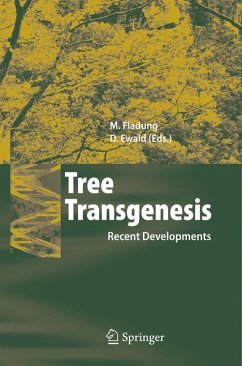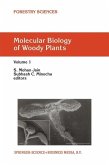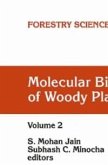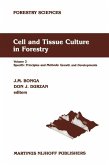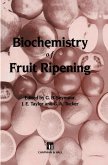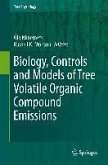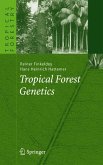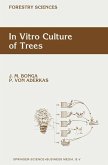Tree improvement is necessary to meet the growing demand for renewable wood resource and the time is ripe for a critical evaluation of the chances and challenges of tree transgenesis. This book provides an up-to-date review of the present state of genetic engineering of trees. Biosafety and risk assessment are treated in detail, and future experimental tasks are discussed. The book provides a sound basis for decision-making processes in politics.
Dieser Download kann aus rechtlichen Gründen nur mit Rechnungsadresse in A, B, BG, CY, CZ, D, DK, EW, E, FIN, F, GR, HR, H, IRL, I, LT, L, LR, M, NL, PL, P, R, S, SLO, SK ausgeliefert werden.
Hinweis: Dieser Artikel kann nur an eine deutsche Lieferadresse ausgeliefert werden.

